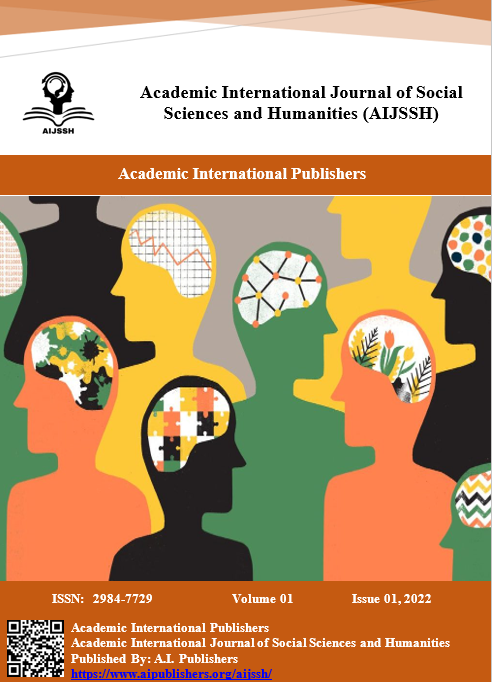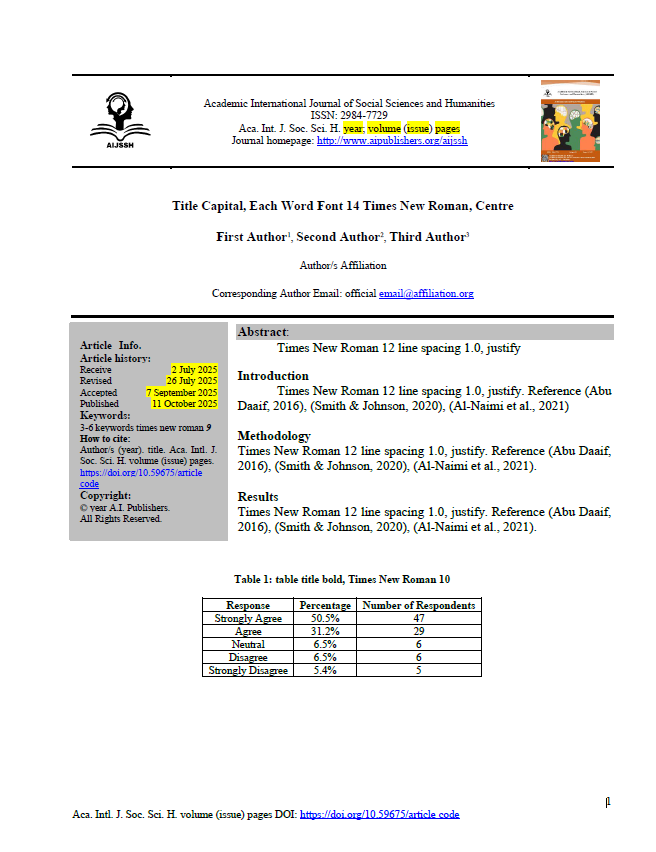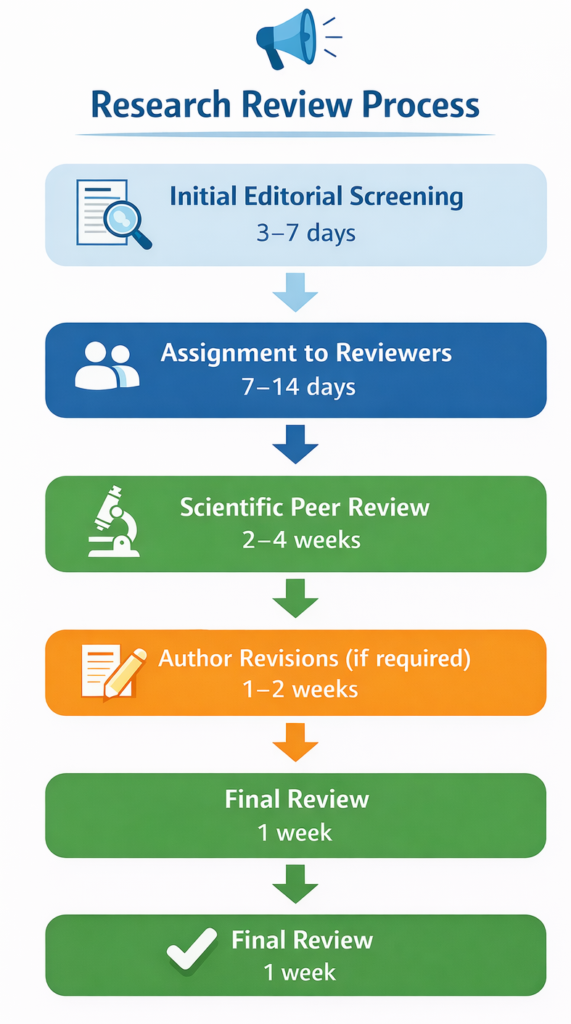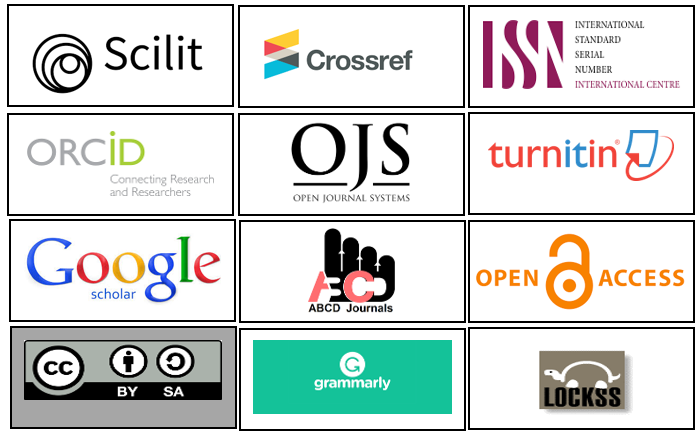Social and Human Sciences and Contemporary Crisis Management (Conference Proceedings)
An Editorial Conference
DOI:
https://doi.org/10.59675/S110SAbstract
An Editorial Conference
Conferences serve as a valuable platform for academics to share their scientific and cognitive achievements across several disciplines, facilitating the exchange of experiences, information, and cultural perspectives. The convergence of scholars from several nations in a single location enhances intellectual, global, and social relationships. Istanbul has been a magnet for researchers from other countries, drawn to its captivating historical beauty, natural attractiveness, and unique fusion of Western and Eastern cultures. Furthermore, its profound and extensive past provides an ideal setting for academic conferences. This special Eighth Istanbul International Conference issue comprises a collection of specialized research papers focused on the Arabic language and jurisprudence.
The research paper "Principles of Jurisprudence Science and its Epistemological Dialectical Evaluation Among Islamic Scholars" highlights the inseparability of legal rulings from the Arabic language and its rules. It highlights that the principles of jurisprudence are derived from rational reasoning based on the Qur'an, the Sunnah, and the Arabic language. These principles are evident in various languages and cultures, as exemplified in the discourse of the Qur'an.
The research "Linguistic Melody and Ways to Treat It" examines the increasing number of errors and mispronunciations in various individuals, including educators, students, and the general population. This poses a significant threat to the Arabic language, which holds a cherished status as the language of the Holy Quran, as presented by God. The researcher highlights that the proliferation of errors and mispronunciations among individuals, stemming from a variety of factors such as religious, social, and national influences, is an important driving force for the development of Arabic grammatical norms. Considering the changes in eras, increased dispersions, intermingling of nations, and the relatively diminished interest in classical Arabic, particularly among non-specialists, how would the contemporary situation differ from the past? Efforts were required to address and mitigate these faults throughout their many categories and strive to overcome them.
The research "The Technical Value of the Chadian Narration Through the Writer Adam Youssouf Moussa's Stories" deals with the personality of the writer Adam Youssef Moussa, his biography, and his scientific and literary efforts that made him a brilliant writer and one of the pioneers of the narrative art in Chad. The researcher began by defining his personality, subsequently exploring into his life and cultural endeavors. We remain in Africa for the following research: "The Effect of African Languages and Dialects on Classical Arabic;" The Arabic language has maintained a significant influence and achieved widespread acceptance in Chadian society throughout history. It is the primary language of communication and comprehension, a unifying element among persons. The tribes of sub-Saharan Africa are characterized by the presence of their distinct language or dialect, in addition to the acquisition of the Arabic language through education, social interactions, or marriage. The study focused on the important African languages and dialects in Chad, examining the variables that influence these languages and dialects on the Arabic language and the manifestations of this influence on the Arabic language.
The study that follows focuses on the issues surrounding the Arabic language in Kurdistan and explains "Reasons for Students’ Reluctance to Learn the Arabic Language in Government Schools (Tirawa Region Seventh Grade, A Model) " Although educational institutions in the Kurdistan Region have shown interest in promoting the Arabic language, students have not acquired proficiency in Arabic language skills. Additionally, there has been a decline in the number of students interested in learning Arabic and a general reluctance among students to pursue Arabic language studies. The profound bond between the Arabic language and Kurdish heritage is evident. Kurdish literature is written in the Arabic alphabet and incorporates parts from the Holy Quran, the Prophet's Hadith, and numerous Arabic expressions. This serves as a testament to the deep-rooted connection between the two and the remarkable language skills of earlier writers who could write in multiple languages.
To Instill Optimism, we highlight the notable statement regarding the future of the Arabic language, as documented in the book "Fatwas of Senior Writers and Men of Letters on the Future of the Arabic Language," which was published in the December 2013 issue of the magazine "Doha." Professor William Worrell, an American Orientalist, and the Director of the American School of Oriental Research in Jerusalem, stated that the Arabic language has never yielded to any other language it has encountered in the past, and it is anticipated to maintain its distinctiveness in the future, just as it has done in the past.
In conclusion, the editorial board of the International Academic Journal of Social and Human Sciences expresses gratitude and appreciation to the conference Committees and the respected researchers who participated in this issue. We appreciate them for their valuable research, which reflects their profound appreciation for the Arabic language.
Dr. Layla Q. Albadri
Downloads
Published
Issue
Section
Categories
License
Copyright (c) 2023 Academic International Journal of Social Sciences and Humanities

This work is licensed under a Creative Commons Attribution 4.0 International License.






